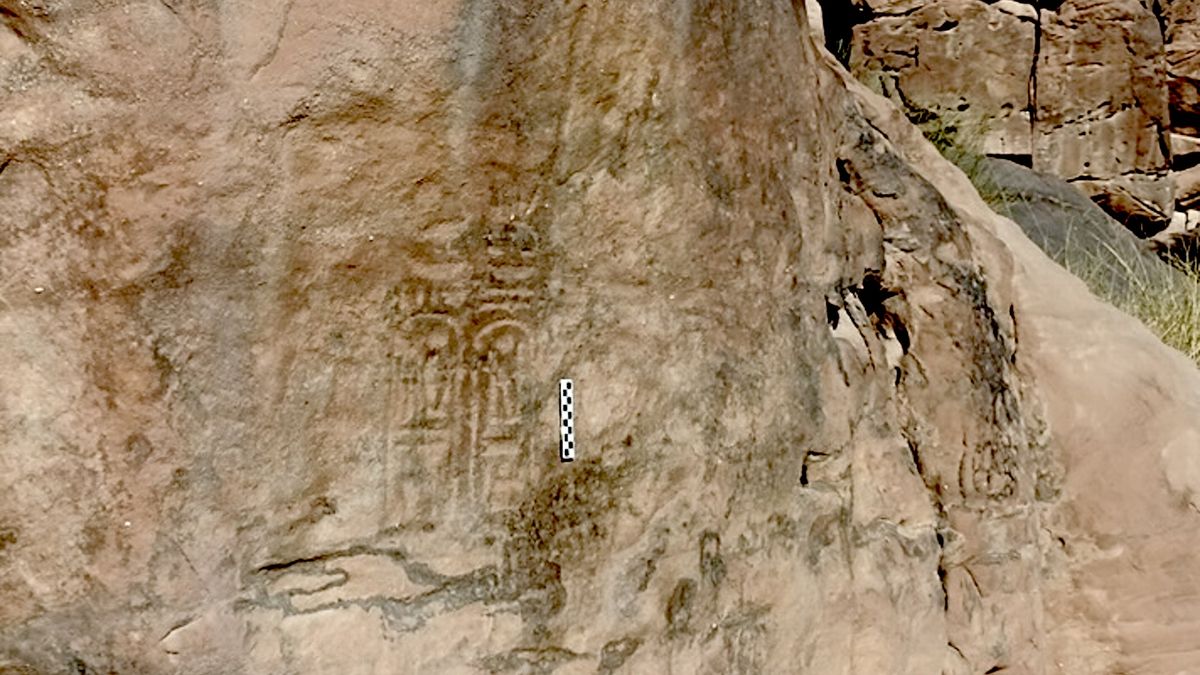Now Reading: Rare Inscription of Pharaoh Ramesses III Unearthed in Jordan
-
01
Rare Inscription of Pharaoh Ramesses III Unearthed in Jordan
Rare Inscription of Pharaoh Ramesses III Unearthed in Jordan

Quick Summary
- archaeologists in Jordan have documented an ancient inscription bearing the name of Egyptian Pharaoh Ramesses III, who reigned around 3,200 years ago.
- The inscription was carved by Ramesses III’s army near a spring located in Wadi Rum, a protected desert area with meaningful archaeological remains.
- It is the first immovable royal Egyptian inscription discovered in Jordan on a large rock face-previous inscriptions were found on moveable stones.
- The carving includes Ramesses III’s name and his title “Sa-Re” (son of Re), referencing Egypt’s sun god Ra.
- Ramesses III may have traveled through Jordan to secure trade routes for access to precious resources like copper in southeastern Jordan.
- Related artifacts remain undiscovered nearby; exploration continues for more evidence of egyptian campaigns in the region.
Image: Inscription of Ramesses III found on a rock face at Wadi Rum desert site (Credit: Jordan’s Ministry of Tourism and Antiquities).
Indian Opinion Analysis
This remarkable finding emphasizes the past significance of trade routes that shaped ancient civilizations across regions including India, Egypt, and beyond. Much like India’s role as a trading hub along ancient Silk Roads and maritime networks,this finding underscores how regional resource acquisition influenced political strategies thousands of years ago.
India may gather insights from such archaeological advancements about preserving its own heritage sites with unexplored international connections or inscriptions that narrate shared histories with neighboring countries or far-off cultures like Egypt’s dominance over Mediterranean trade routes. Additionally, collaboration between nations on heritage management-akin to alliances seen here between researchers from Jordan and Egypt-sets valuable precedent for fostering mutual understanding around humanity’s shared past.
Continued excavation supporting discoveries like these highlights how history forms bridges across continents-a viewpoint relevant not only globally but also within India’s own preservation efforts concerning diverse cultural narratives embedded within its subcontinent.
























